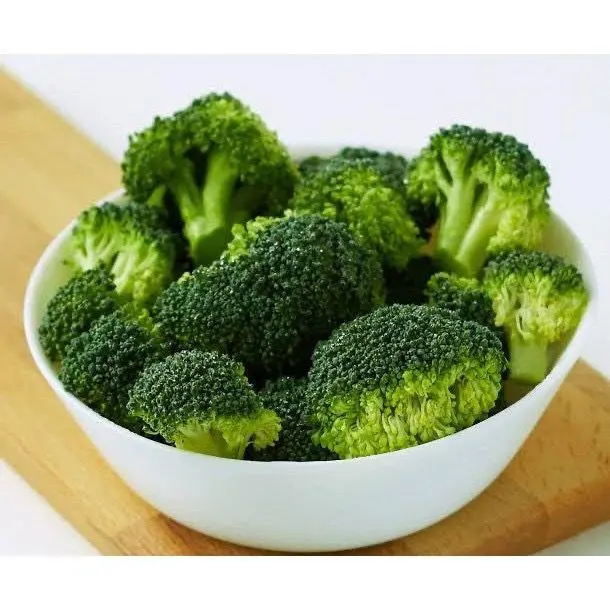
Broccoli-Derived Molecule Could Revolutionize Toothpaste Formulations
In a promising development bridging natural compounds and oral care, scientists have identified 3,3′-Diindolylmethane (DIM), a compound found in cruciferous vegetables (such as broccoli and kale), as having potent anti-biofilm activity against Streptococcus mutans, the primary bacterium implicated in tooth decay. In laboratory studies, DIM was able to reduce biofilm formation by S. mutans by an astonishing 92 %, indicating potential to disrupt dental plaque development.
Dental plaque, also known as biofilm, is the sticky matrix of bacteria and their byproducts that adheres to tooth surfaces. S. mutans plays a key role in initiating and sustaining this matrix, which, when left unchecked, can demineralize enamel and lead to cavities. The strong anti-biofilm and anti-virulence effects observed in controlled experiments suggest that DIM could be a valuable agent in preventing or reducing dental decay.
Because DIM exhibits relatively low toxicity, the researchers propose that it could be formulated into everyday dental products such as toothpastes or mouthwashes, thereby enhancing oral hygiene beyond mechanical brushing and flossing. The lead author, Prof. Ariel Kushmaro, along with collaborators from institutions including Ben-Gurion University, Sichuan University, and the National University of Singapore, posit that integrating DIM into oral care formulations might form a next generation of preventive products.
However, it's important to note that these findings currently stem from in vitro studies—i.e. experiments in the lab—not yet in human clinical trials. The complex environment of the human mouth, with saliva flow, diet, mixed microbial communities, and host factors, may influence whether DIM retains similar effectiveness in vivo. The authors call for further research including safety tests, stability within toothpaste/mouthwash formulations, and human studies to confirm efficacy.
If successful, such a DIM-infused product could shift preventive dentistry toward more biologically based strategies—supplementing traditional mechanical cleaning with compounds that suppress pathogenic bacterial behavior at the molecular level.
📖 Original Article Information
“Scientists Explore Toothpaste Potential After Discovering Natural Compound That Destroys Dental Plaque.”
Oral Health Group, September 9, 2025